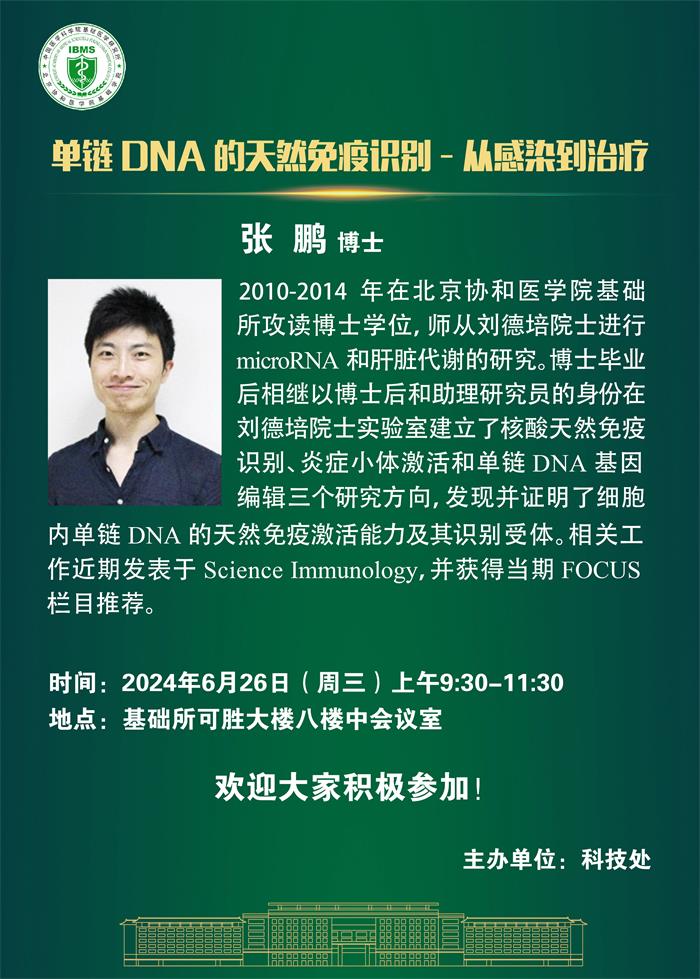RNF122 suppresses antiviral type I interferon production by targeting RIG-I CARDs to mediate RIG-I degradation
Wang W1, Jiang M1, Liu S1, Zhang S1, Liu W1, Ma Y2, Zhang L2, Zhang J3, Cao X4
Proc Natl Acad Sci U S A. 2016 Aug 9. pii: 201604277. [Epub ahead of print]
PMID: 27506794DOI: 10.1073/pnas.1604277113
Abstract
The activation of retinoic acid-inducible gene 1 (RIG-I), a cytoplasmic innate sensor for viral RNA, is tightly regulated to maintain immune homeostasis properly and prevent excessive inflammatory reactions other than initiation of antiviral innate response to eliminate RNA virus effectively. Posttranslational modifications, particularly ubiquitination, are crucial for regulation of RIG-I activity. Increasing evidence suggests that E3 ligases play important roles in various cellular processes, including cell proliferation and antiviral innate signaling. Here we identify that E3 ubiquitin ligase RING finger protein 122 (RNF122) directly interacts with mouse RIG-I through MS screening of RIG-I-interacting proteins in RNA virus-infected cells. The transmembrane domain of RNF122 associates with the caspase activation and recruitment domains (CARDs) of RIG-I; this interaction effectively triggers RING finger domain of RNF122 to deliver the Lys-48-linked ubiquitin to the Lys115 and Lys146 residues of RIG-I CARDs and promotes RIG-I degradation, resulting in a marked inhibition of RIG-I downstream signaling. RNF122 is widely expressed in various immune cells, with preferential expression in macrophages. Deficiency of RNF122 selectively increases RIG-I-triggered production of type I IFNs and proinflammatory cytokines in macrophages. RNF122-deficient mice exhibit more resistance against lethal RNA virus infection, with increased production of type I IFNs. Thus, we demonstrate that RNF122 acts as a selective negative regulator of RIG-I-triggered antiviral innate response by targeting CARDs of RIG-I and mediating proteasomal degradation of RIG-I. Our study outlines a way for E3 ligase to regulate innate sensor RIG-I for the control of antiviral innate immunity.





